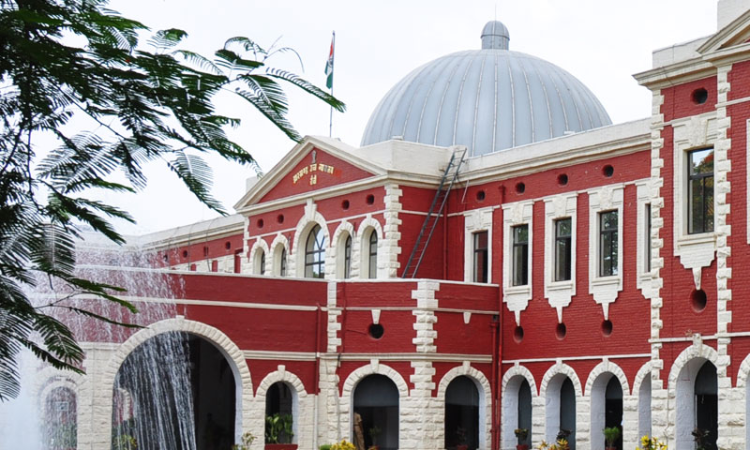Jharkhand High Court Issues Notice On PIL Challenging Rules For Selection And Appointment Of State's DGP & DIG
Saahas Arora
26 March 2025 5:20 PM IST

Next Story
26 March 2025 5:20 PM IST
The Jharkhand High Court has issued notice on a PIL filed by BJP leader and former Chief Minister Babulal Marandi seeking striking down of Selection and Appointment of Director General and Inspector General of Police, Jharkhand (Head of Police Force) Rules, 2025 in particular Rules 4, 5(C) and 10, as manifestly arbitrary, unreasonable, and ultra vires.A division bench of Chief Justice...
